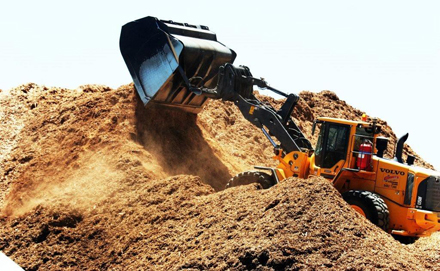
The quality of public discourse about the possibility of Tasmania building a biomass fueled electricity plant needs to be lifted. Source: Timberbiz
Rob de Fégely, National President of the Institute of Foresters of Australia, asks that people consider facts not emotive argument when considering the benefits, or otherwise, of a biomass/electricity plant.
“Wood biomass is potentially a renewable energy source that can reduce greenhouse gas emissions when used to replace fossil fuel energy,” he said.
“However, professional foresters understand that there is community concern about the potential impacts of large-scale use of wood for bioenergy on other forest values such as biodiversity and reluctance in some quarters to accept energy generated from wood as genuinely renewable.
‘It is undeniable that wood burning does release CO2 into the atmosphere from where it was originally absorbed but the international community, and indeed the United Nations, recognises that use of bioenergy does not make a net contribution to the CO2 in the atmosphere, as long as forests are not being cleared.”
The United Nations Food and Agriculture Organization states: “Wood energy is as important as all other renewable energy sources altogether (hydro, geothermal, wastes, biogas, solar and liquid biofuels)” But it recognizes that it must be from, “Wood arising from sustainably managed resources”.
“The Institute of Foresters of Australia supports the use of wood from both natural and planted forests for biomass energy provided that forests are sustainably managed, and harvested areas are regenerated or replanted to ensure that forest greenhouse gas balances are maintained over the long term,” Mr de Fegely said.
‘Resources Minister Paul Harriss is right in advocating a local biomass energy industry which is cleaner and greener than importing energy from Victoria’s brown coal fired power generators.”





